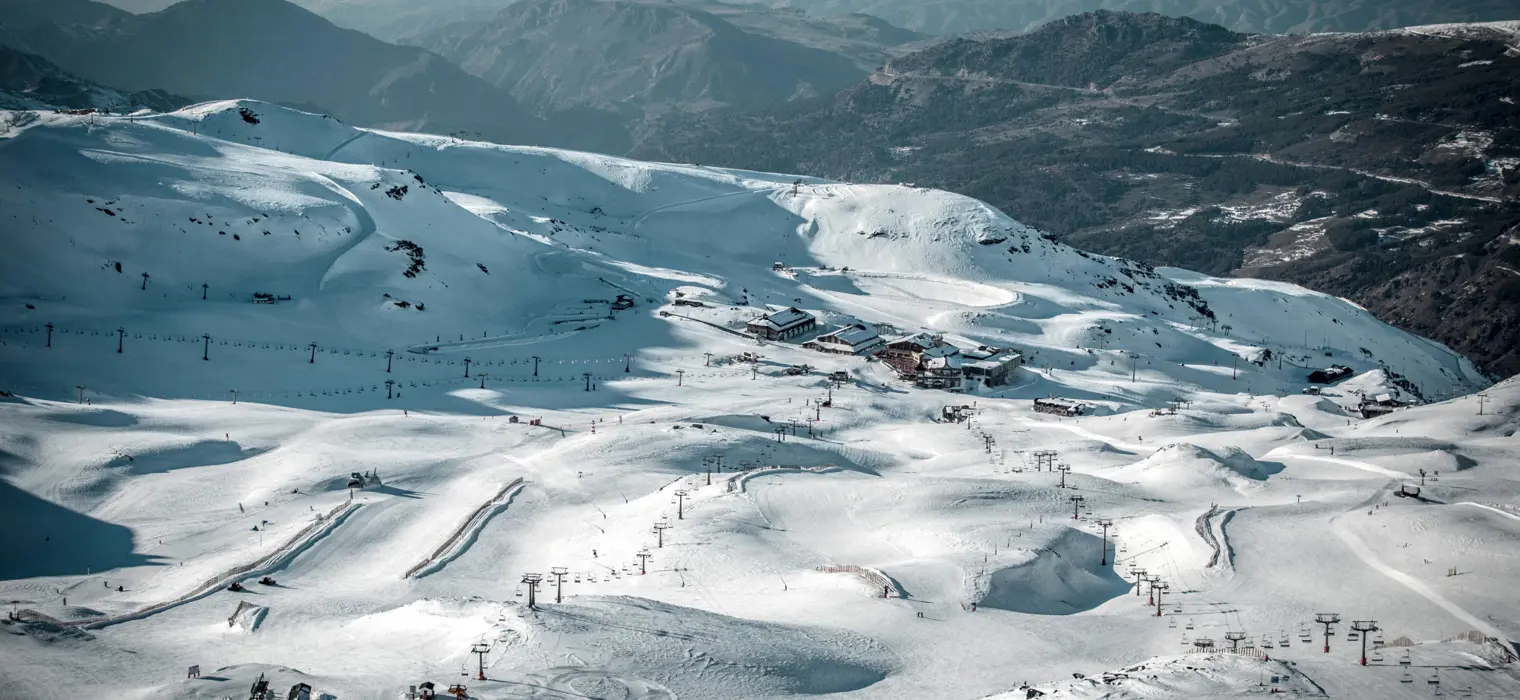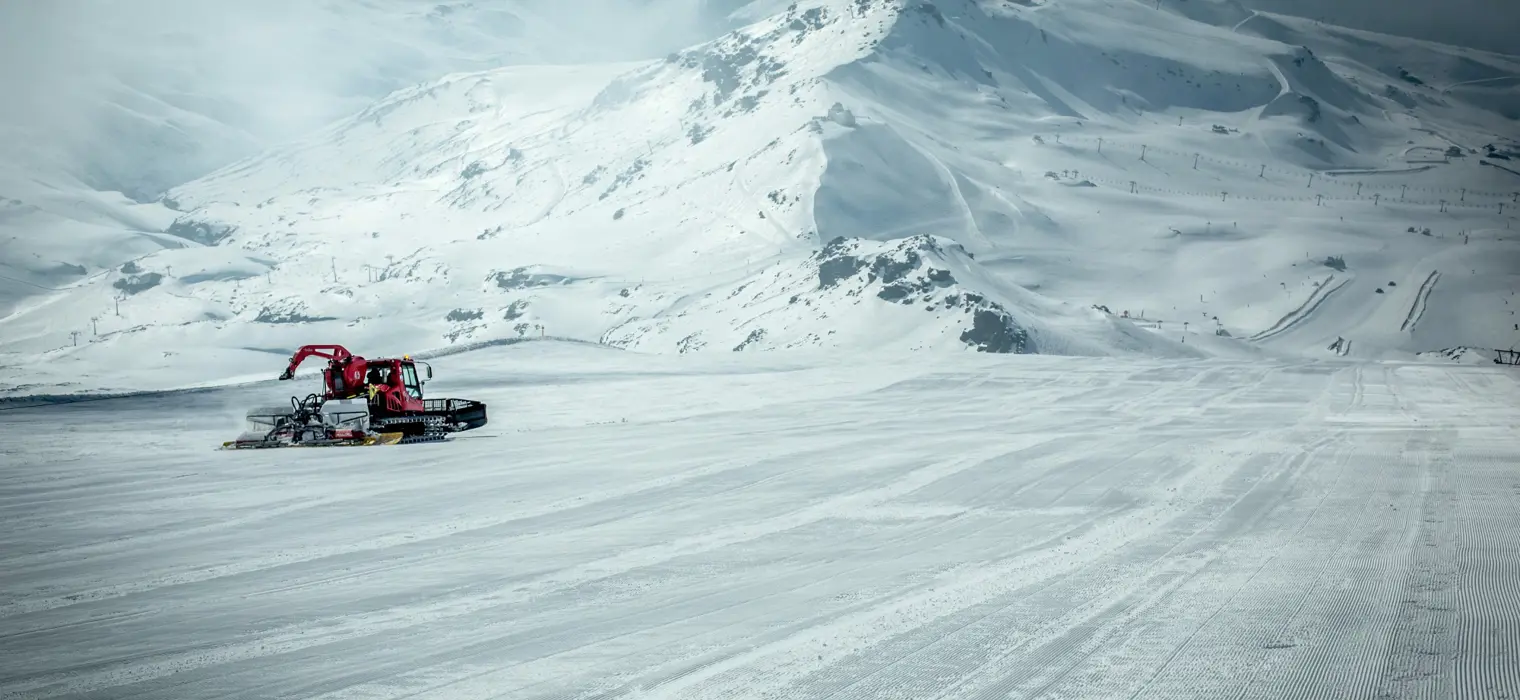Sierra Nevada opens on December 18th with reduced capacity on pistes and exclusive sale of fortait online
Among coVID-19 measures, the station will make the use of masks mandatory in all installations and reduce the carrying capacity of gondola lifts


The winter season of Sierra Nevada will open the 2020/21 season on Friday, December 18, and, following the recommendations of the Ministry of Health and Family of the Junta de Andalucía, will do so with a limitation of 50% of the capacity that allow the slopes and sale of online ski passes exclusively.
With these conditions, Sierra Nevada establishes the following operating scenario as of December 18:
- Forecast ski areas: Veleta, Borreguiles, Rio and Loma de Dílar (always depending on weather and snow conditions)
- 7 mechanical means open.
- Limited ski capacity*: 50% (until the extension of the skiable area and opening of new ski lifts allow for new capacity)
- Ski pass sales: online only (lockers will remain closed for sale of daily ski passes)
- Opening of the Borreguiles restaurant with the capacity defined by the health authorities for each phase.
For the limitation of 50% access to ski domain, Sierra Nevada - which will deduct from the capacity the holders of seasonal ski passes, long duration and holders of ski days not consumed by the premature closure of the previous season - will inform daily on the website the percentage of ski passes that can be acquired and will block those days that are complete.
All sales will be online. To this end, Sierra Nevada yesterday concluded the campaign to send free rechargeable ski pass cards without having made a prior purchase. From today that shipment will also be free, but it will require the purchase of at least one day of skiing.
Alternatively, for last minute purchases, rechargeable ski pass collection points will be established in Pradollano. In the case of day pass, previously purchased online, it can be picked up from the automatic ski pass dispensers of the station with the introduction of the digital purchase code.
Cetursa Sierra Nevada requests the collaboration of all companies, freelancers, users and friends of the station in compliance with the COVID protocol published on the station's website, in order to strengthen the seasons and winter sports as safe places and practices.
(*) Sierra Nevada establishes the capacity on pistes taking into account the carrying capacity of the ski lifts that are operational each day (vehicle occupancy + travel time), the waiting time of the users before accessing those ski lifts, the ski area (hectares of open slopes) and the frequency of descents of the average user on the slope of the slopes that enter service each day (an skier or snowboarder is estimated to ski on average 5 hours a day on routes that add up to a slope of 3,700 meters).
Taking advantage of the obligation to limit the capacity, the station will delve into the calculation of capacity by introducing other variables such as the difficulty of the tracks that are put into service. This will be joined by an on-the-spot measurement of user behavior in time runs and its effect on access queues in ski lifts and distribution in the ski domain that is enabled each day.








